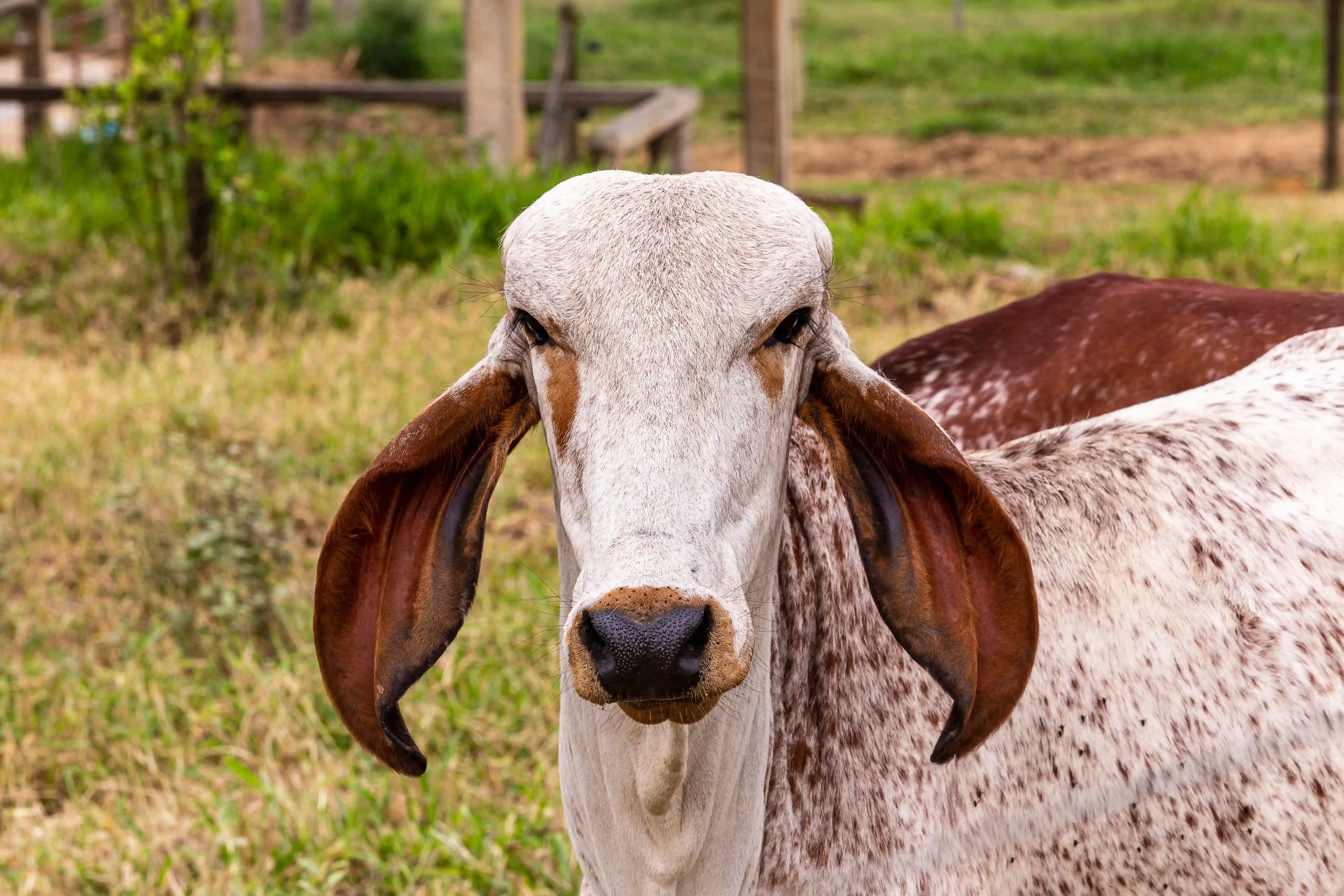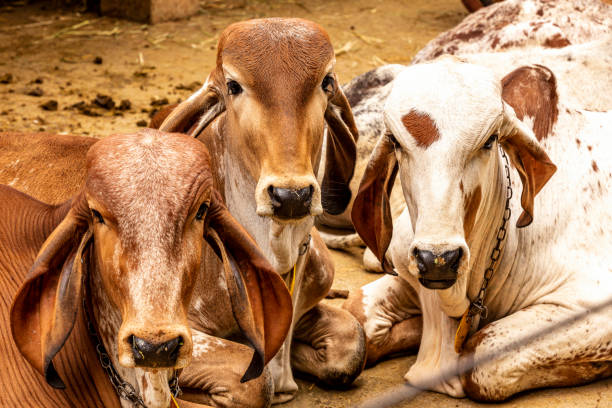
Date :2024-11-01
Is Ghee Good for Baby Massage and Digestion?
Ghee, also known as clarified butter, has long been a staple in many cultures, particularly in India. It's considered a superfood for people of all ages, and this includes babies and toddlers. Packed with essential nutrients, healthy fats, and beneficial properties, ghee can play a significant role in supporting a child's growth and development. But how exactly does ghee benefit babies, and why should parents consider adding it to their little one's diet or wellness routine?
Why Ghee is Beneficial for Babies and Toddlers
1. Rich Source of Healthy Fats and Nutrients
Ghee is rich in essential fatty acids, which are crucial for the growth and development of babies, particularly during their first years. Healthy fats are needed for proper brain development, building healthy cell membranes, and ensuring the body’s hormonal balance. Ghee also provides vitamins A, D, E, and K, all of which play a vital role in a baby’s overall development.
Vitamin A: Supports vision, skin health, and immune function.
Vitamin D: Helps in the absorption of calcium, which is crucial for strong bones and teeth.
Vitamin E: Acts as a powerful antioxidant, supporting healthy skin and immunity.
Vitamin K: Plays an essential role in blood clotting and bone health.
These nutrients make ghee an excellent choice to include in your baby’s or toddler’s diet, whether mixed into their food or used as a cooking fat.
2. Aids in Digestion
One of the most significant benefits of ghee is its ability to aid digestion. Ghee is a natural source of butyrate, a short-chain fatty acid that promotes healthy gut bacteria and improves digestion. This is especially beneficial for babies and toddlers who are still developing their digestive systems. Adding ghee to their meals can help prevent common digestive issues like constipation, bloating, and indigestion, ensuring smoother bowel movements.
3. Promotes Healthy Weight Gain
Ghee is calorie-dense and provides a healthy source of fats. For babies or toddlers who are struggling with weight gain, ghee can be an excellent supplement to their diet. It helps in maintaining healthy body weight while ensuring that the child gets the required nutrients for growth and development. However, it’s important to introduce ghee in moderation and monitor your child’s overall diet to avoid overconsumption.
4. Strengthens Immunity
The rich fatty acids in ghee, particularly omega-3 and omega-6, help enhance the immune system. Ghee has anti-inflammatory properties that can support the body’s ability to fight off infections and boost overall immunity, which is especially important for babies and toddlers who are more vulnerable to illness and infections.
Can Babies Eat Ghee?
Yes, babies can eat ghee, but it's essential to introduce it carefully and in moderation. Most pediatricians recommend introducing ghee after six months of age when solid foods are being introduced into a baby’s diet. It's best to start with small amounts (around half a teaspoon) and gradually increase the quantity as the baby’s digestive system matures.
Parents often mix ghee into soft foods like mashed vegetables, porridge, or rice for added flavor and nutritional value. Since ghee is lactose-free and easily digestible, it is suitable for babies who may have lactose intolerance or sensitivities to dairy products.
How Much Ghee Should a Baby Eat?
Generally, you can start by offering your baby a small amount (1/4 to 1/2 teaspoon) of ghee mixed with their food. Over time, as your baby becomes more accustomed to it, you can increase the quantity slightly. Always consult with your pediatrician before making any significant changes to your baby’s diet.
Is Ghee Good for Baby Massage?
Absolutely! Ghee is not only a nourishing food but also a fantastic oil for baby massage. Traditionally, ghee has been used for baby massages in many cultures, particularly in Indian households. It is known to help improve skin texture, make the skin soft and smooth, and promote healthy growth.
Moisturizing: Ghee acts as a natural moisturizer, which is especially useful for babies with dry or sensitive skin.
Improves Blood Circulation: Gently massaging ghee into your baby's skin can help improve circulation and muscle tone, contributing to overall physical development.
Promotes Relaxation: A warm ghee massage can be soothing for babies, helping them relax and sleep better.
Does Ghee Cause Gas in Babies?
While ghee is generally safe and easy to digest, some babies may experience gas or mild bloating if they consume too much of it. It's important to start with small amounts and observe your baby’s reaction. If you notice any signs of discomfort, such as excessive gas or an upset tummy, it’s best to reduce the amount of ghee and consult your pediatrician.
To minimize the risk of digestive issues, make sure to introduce ghee gradually and always observe for any adverse reactions.
Final Thoughts
Incorporating A2 cow ghee into your baby's or toddler's diet can provide them with numerous health benefits, from improved digestion to enhanced immunity and healthy weight gain. Whether used as a cooking ingredient, added to meals, or applied in a soothing massage, ghee can be a versatile and nourishing addition to your child’s daily routine.
As with any new food, it's important to introduce ghee slowly and monitor for any reactions. Be sure to consult with your pediatrician before introducing any new foods to your baby’s diet.
Most Popular Posts
-
Where does A2 milk come from?
2024-06-01
-
Is Ghee Good for Baby Massage and Digestion?
2024-11-01



